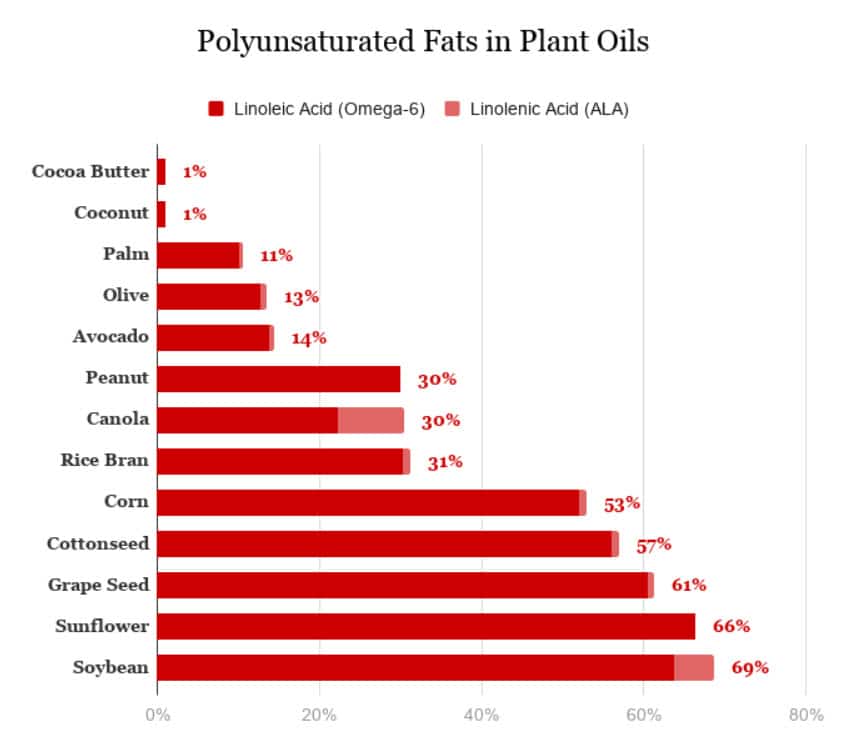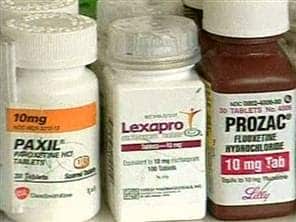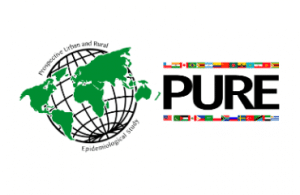
Have Toxic Seed Oils Torched Your Body?
Introduction
I’m proud of my patients when they have mastered reading labels in the grocery store. They can spot and avoid sugars, preservatives, colors, etc., and avoid toxic foods.
Did you know that some of the most toxic foods you can buy have no “bad” ingredients on the label? These are toxic seed oils: corn, canola, cottonseed, soy, sunflower, grapeseed, and rice bran.

It often comes as a surprise to people, but these common oils (they seem to be in EVERYTHING!) can cause severe inflammation.
Inflammation is the fundamental cause of heart disease, digestive diseases, autoimmune diseases, diabetes, mental health issues, joint pain, arthritis and much more.
If you want to know why these diseases are rampant in our society, just visit your local grocery. Every inch of grocery store shelving has incredible value to the store and the suppliers of the products sold on that shelf. If you see 20 bottles of corn oil in a row, that tells you that this product flies off the shelves.
Side note: A solution to out-of-control health care costs in the US: Brick up both ends of the oils and cereal asiles in every grocery store in America. Health care costs would tank!
What Do I Use Instead?
Saturated fats are best to cook with: Butter, coconut, and palm oils. For lower temperature cooking and dressings, use extra virgin olive oil and avocado oil.
Be aware that restaurants usually use toxic seed oils and that the reheating of the oil that happens in fryers creates many toxic substances that become part of your meal. Moral: avoid deep-fried foods in restaurants.
See the article below for detailed information on Toxic Seed Oils
8 Toxic Seed Oils– What to Know
Ronald Grisanti D.C., D.A.B.C.O., DACBN, MS, CFMP
The eight industrial toxic seed oils are Canola, Corn, Cottonseed, Soy, Sunflower, Safflower, Grapeseed, and Rice bran.
Industrial seed oils are the highly processed oils extracted from soybeans, corn, rapeseed (canola), cottonseed and sunflower, and safflower seeds. After the seeds are gathered, they are heated to extremely high temperatures to oxidize the fatty acids. This process creates byproducts that are harmful to your health.
Omega-6s are found in corn, safflower, sunflower, soy, and vegetable oils and products made with those oils. Excess consumption of omega-6s can trigger the body to produce pro-inflammatory chemicals.
What’s wrong with industrial seed oils?
There are six main problems with industrial seed oils, all of which play a significant role in chronic inflammatory diseases.
The consumption of industrial seed oils represents an evolutionary mismatch.
Eating industrial seed oils raises our omega-6-to-omega-3 fatty acid ratios, with significant consequences for our health.
Industrial seed oils are unstable and oxidize easily.
They contain harmful additives.
They’re derived from genetically modified crops.
When industrial seed oils are repeatedly heated (as restaurants do in fryers), even more toxic byproducts are created.
How are industrial seed oils making us sick?
Industrial seed oils are far from the “healthy” label they carry. They have been linked to a number of chronic health problems such as:
- Asthma
- Autoimmune disease
- Cognitive and mental health issues such as depression, anxiety, cognitive decline, dementia, and even Alzheimer’s disease.
- Diabetes and obesity
- Heart disease (they are far from being heart-healthy!)
- Gut health issues such as irritable bowel syndrome (IBD) and inflammatory bowel disease (IBS)
- Inflammation
- Infertility
- Macular degeneration
- Osteoarthritis
The best thing you can do for your own health and your family’s health is to get rid of all vegetable oils and margarine from your home. Simply throw them out. Replace them with saturated fats for cooking and extra virgin olive and avocado oil for dressing.
Summary:
At this point, it should be clear that we want to avoid omega-6 fats in our cooking oil. The following is a good graphic to represent what to avoid.

Oils from tropical plants such as cacao, coconut, and palm are lowest in omega-6, while oils from cold-weather plants such as sunflower and soybean are highest in omega-6 and best avoided.
Compliments from Functional Medicine University
References
https://www.bmj.com/content/353/bmj.i1512/rr-4
https://www.tandfonline.com/doi/abs/10.1080/21551197.2012.752335
https://pubmed.ncbi.nlm.nih.gov/8050192/
https://www.nature.com/articles/s41598-017-12624-9
https://www.nature.com/articles/tp2017190
https://www.ncbi.nlm.nih.gov/pmc/articles/PMC3335257/
https://openheart.bmj.com/content/5/2/e000898
https://pubmed.ncbi.nlm.nih.gov/12442909/
https://pubmed.ncbi.nlm.nih.gov/29636341/
https://www.ncbi.nlm.nih.gov/pmc/articles/PMC4808795/
https://www.ncbi.nlm.nih.gov/pmc/articles/PMC4808858/










